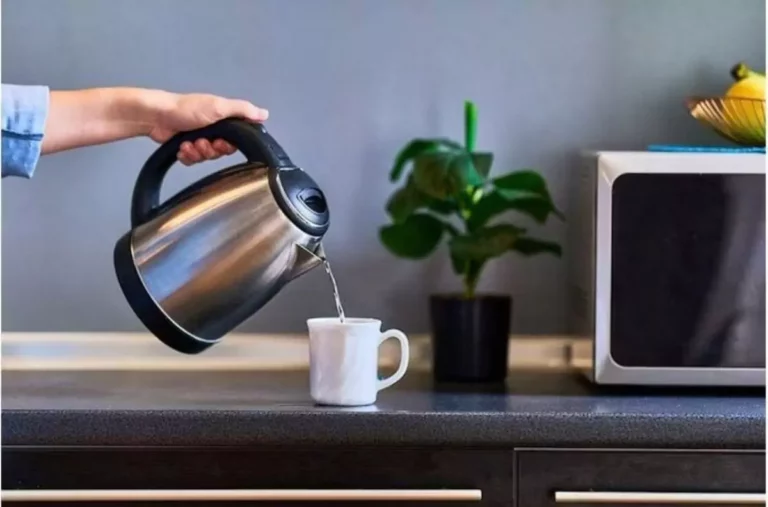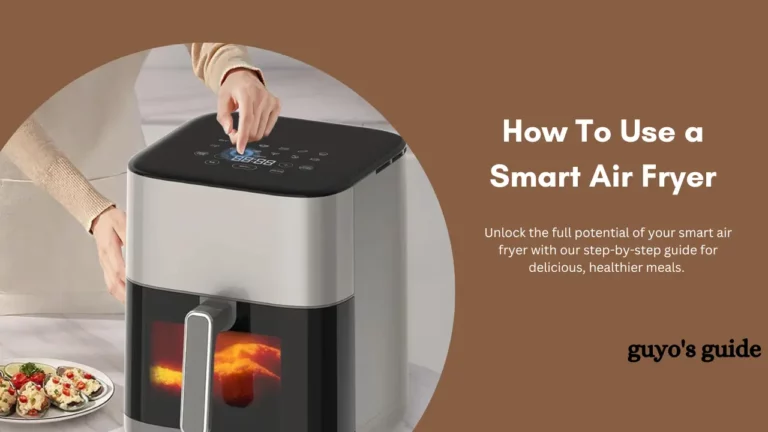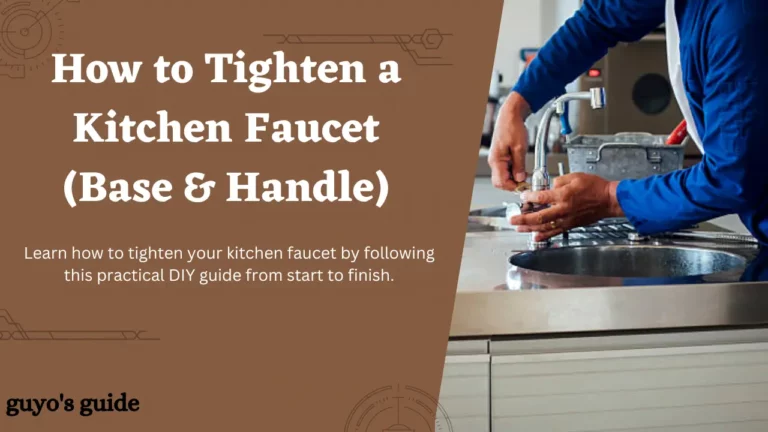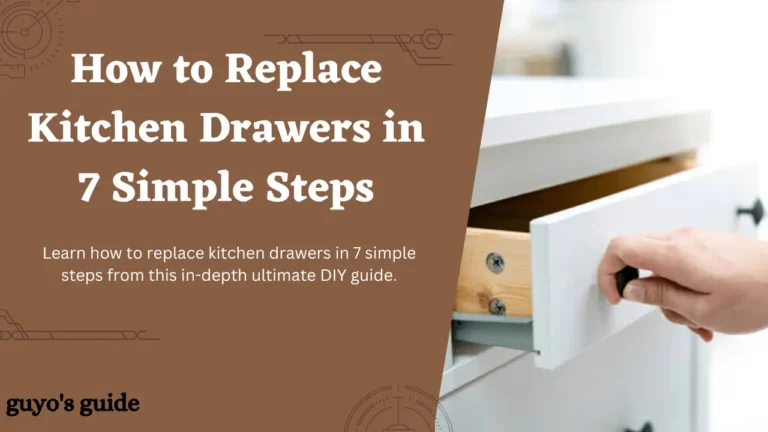33 Key Dining Etiquette Rules You Absolutely Need to Know
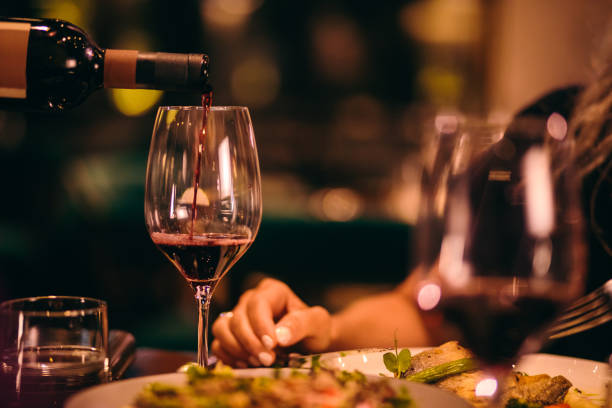
Mastering dining etiquette can be the key to feeling confident in any dining situation.
In this article, we’ll cover essential tips and tricks for proper dining manners, helping you navigate formal dinners and casual meals with ease.
Let’s dive in!
1. Use the Correct Utensils
Using the appropriate utensils sets the tone for a well-mannered meal. Start with the outermost utensils and work your way in as each course is served.
2. Chew with Your Mouth Closed
Chewing with your mouth closed shows respect for others at the table and prevents food from being seen or heard while you eat.
3. Wait for Everyone to Be Served Before Starting
Waiting for everyone to be served ensures that everyone can enjoy the meal together and starts the dining experience on a courteous note.
4. Don’t Slurp Your Soup
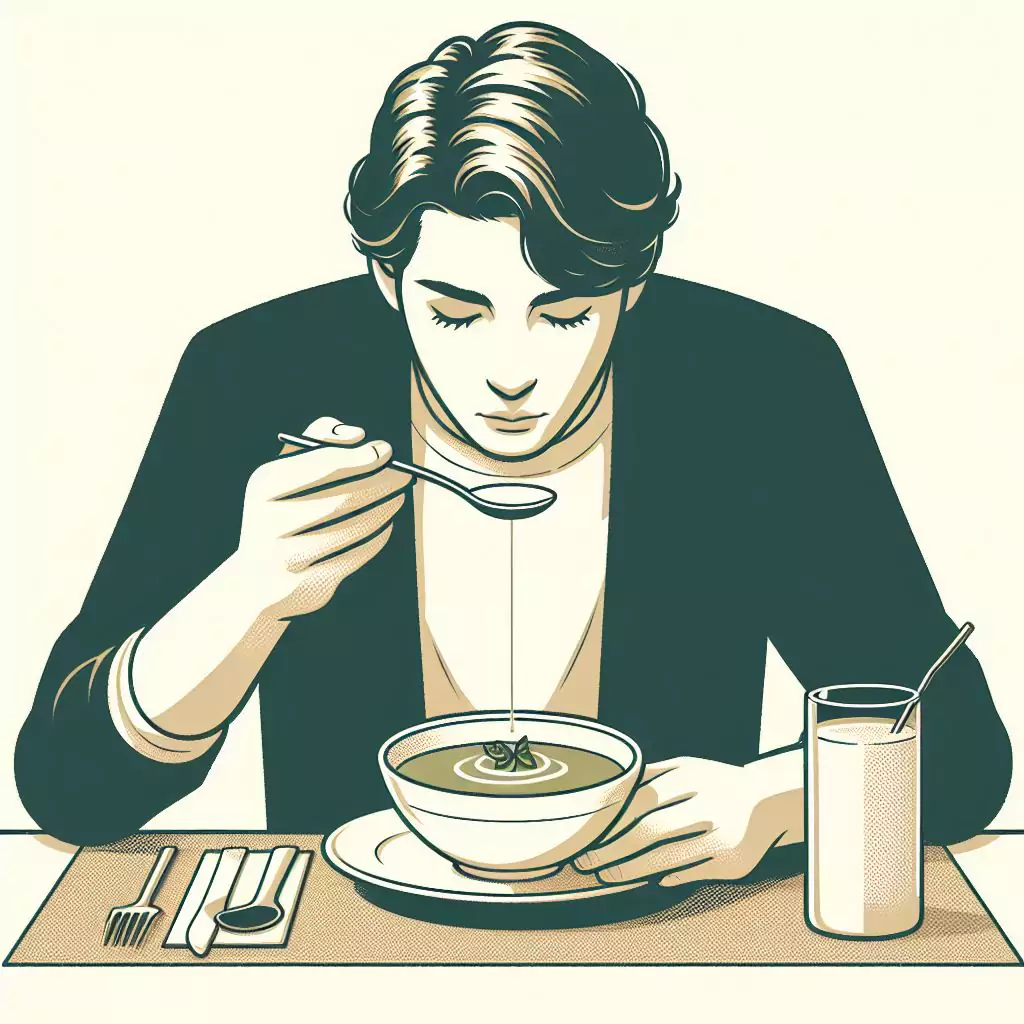
Slurping soup can be noisy and disruptive. Use your spoon to sip soup quietly and gracefully.
5. Keep Your Napkin on Your Lap
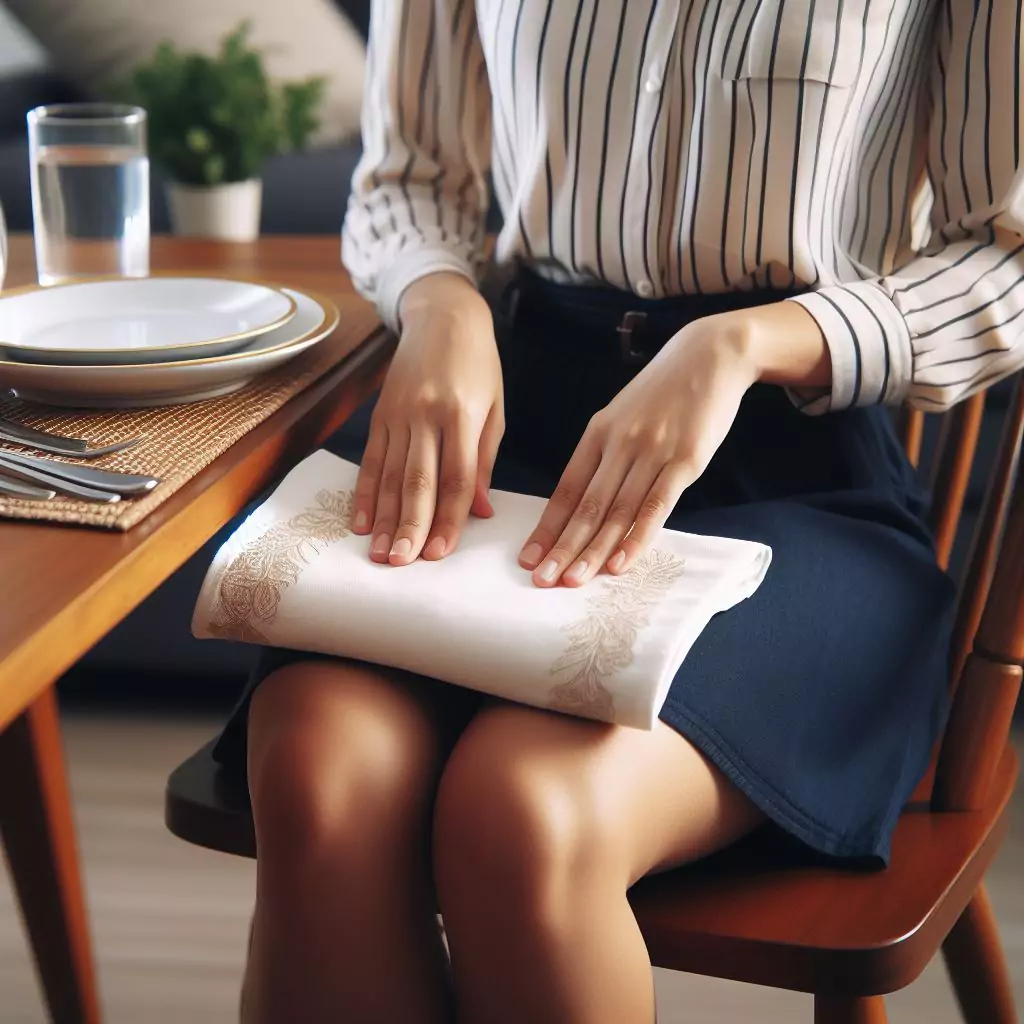
Place your napkin on your lap as soon as you sit down. Use it to dab your mouth or protect your clothing during the meal.
6. Wait for the Host or Hostess to Start Eating
It’s polite to wait for the host or hostess to begin eating before you start. This shows respect for their role in the gathering.
7. Don’t Talk with Food in Your Mouth
Avoid speaking with food in your mouth to prevent spitting or spraying food particles during conversation.
8. Use “Please” and “Thank You”
Using polite phrases like “please” when making requests and “thank you” when receiving something demonstrates good manners and appreciation.
9. Pass Food to the Right
When passing dishes or serving utensils, always pass them to the right to maintain a smooth flow around the table.
10. Keep Elbows off the Table
Keep your elbows off the table while eating to avoid crowding your space and maintain a neat appearance.
11. Don’t Reach Across the Table
Refrain from reaching across the table for items. Politely ask someone near the dish to pass it to you.
12. Signal for Seconds Politely
If you’d like more food, signal discreetly to your host or server instead of announcing it loudly.
13. Say “Excuse Me” If You Need to Leave
If you need to leave the table during the meal, say “excuse me” to let others know you’ll be back shortly.
14. Don’t Use Your Phone at the Table

Keep your phone away during meals to focus on the company and conversation. It’s respectful and prevents distractions.
15. Hold Utensils Properly
Hold utensils with the appropriate grip: fork in your left hand, knife in your right for cutting, and switch the fork to your right hand for eating.
16. Cut Food One Piece at a Time
Cut food into manageable pieces and eat them one at a time. Avoid cutting all your food at once.
17. Place Utensils on the Plate When Finished
When you’re done with a course, place your utensils on the plate rather than leaving them on the table.
18. Don’t Push Food Around Your Plate
Avoid pushing food around your plate aimlessly. Eat what you’ve served, and if you’re done, indicate so politely.
19. Take Small Bites
Taking small, manageable bites allows you to chew comfortably and engage in conversation without difficulty.
20. Pace Yourself with the Meal
Don’t rush through your meal. Pace yourself to enjoy each course and engage in conversation between bites.
21. Break Bread, Don’t Cut It
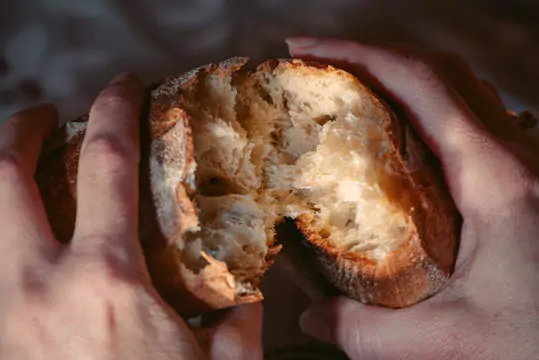
When dining with bread, tear off bite-sized pieces rather than cutting it with a knife.
22. Don’t Blow on Hot Food
Instead of blowing on hot food to cool it down, wait a moment for it to cool naturally or take smaller bites.
23. Use the Correct Glass for Beverages
Choose the appropriate glass for each beverage served to you. Wine, water, and other drinks each have their designated glasses.
24. Pass Salt and Pepper Together
If someone requests salt and pepper, pass them together as a pair rather than separately.
25. Don’t Reach Over Someone’s Plate
When reaching for items, reach around the person’s plate instead of leaning across it.
26. Use Your Fork for Salad
Use your fork to eat salad rather than your knife. This maintains proper dining etiquette.
27. Keep Conversations Pleasant
Engage in positive and enjoyable conversations during the meal. Avoid controversial topics that may lead to tension.
28. Wait for Everyone to Finish
Before Leaving Wait until everyone has finished eating before excusing yourself from the table. This shows consideration for others.
29. Offer to Help Clear the Table
After the meal, offer to help clear the table or assist with other tasks to show appreciation for the hospitality.
30. Don’t Criticize the Food
Avoid making negative comments about the food. If you have dietary restrictions, inform the host discreetly beforehand.
31. Thank the Host or Hostess
Express gratitude to the host or hostess for their hospitality and the delicious meal they’ve provided.
32. Excuse Yourself Before Using the Restroom
Excuse yourself politely if you need to use the restroom during the meal. It’s courteous to let others know.
33. Compliment the Chef
If the meal was prepared by a chef or someone in the household, compliment their cooking to show appreciation.
FAQs
What if I accidentally spill something?
If you spill something, apologize and offer to help clean it up. Don’t make a big fuss or draw excessive attention to the accident.
How can I politely decline food I don’t want to eat?
If you have dietary restrictions or preferences, politely inform your host before the meal. During the meal, you can simply say, “No, thank you” if offered something you prefer not to eat.
What should I do if I need to leave the table during the meal?
If you need to leave the table, say “excuse me” to let others know you’ll be back shortly. Try to avoid leaving during crucial moments, such as when food is being served.
What should I do with my napkin when I leave the table temporarily?
If you need to leave the table temporarily, place your napkin neatly on your chair. When you return, place it back on your lap.
Wrap Up
Practicing good dining etiquette not only shows respect for others but also enhances the overall dining experience.
From using the correct utensils to engaging in pleasant conversation, these small gestures contribute to a harmonious and enjoyable mealtime for everyone involved.
Best of luck!

